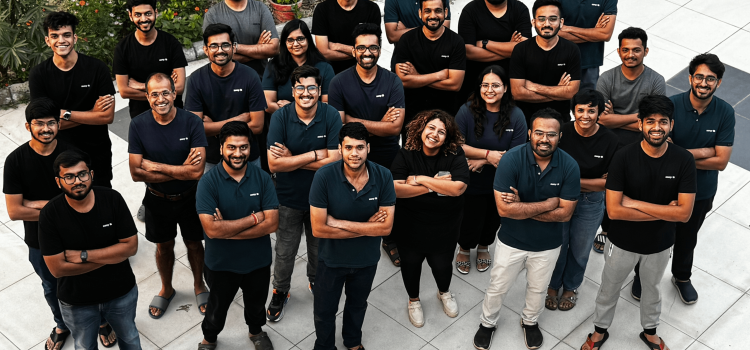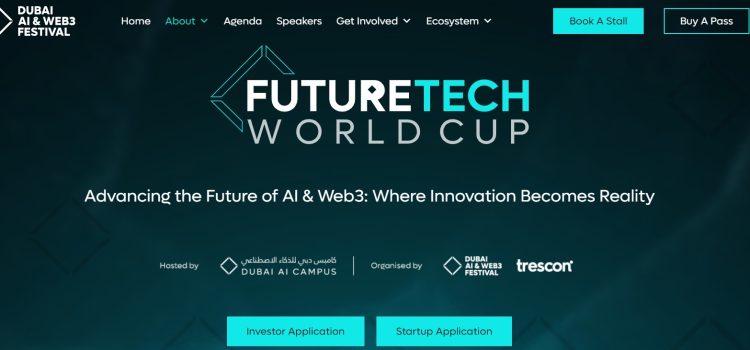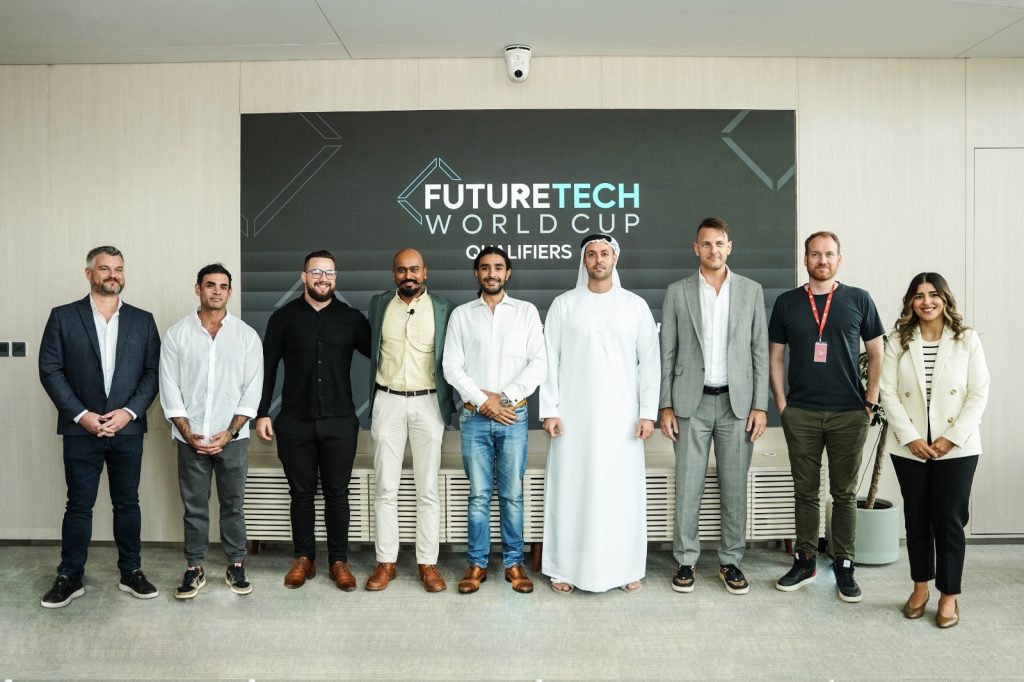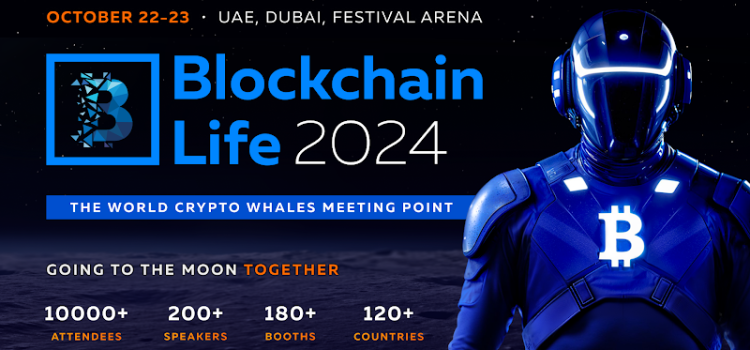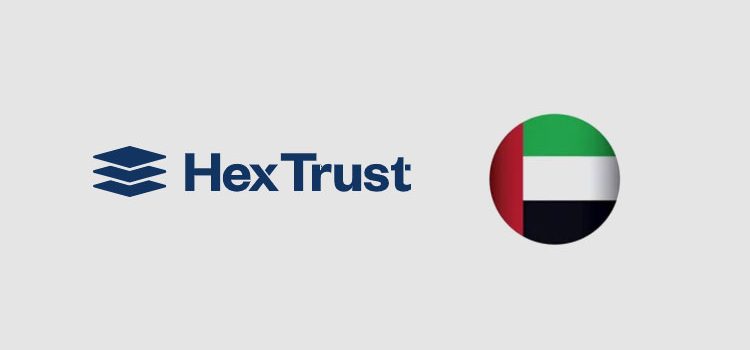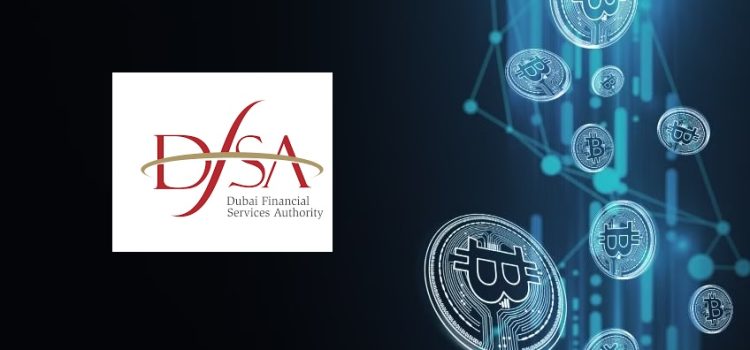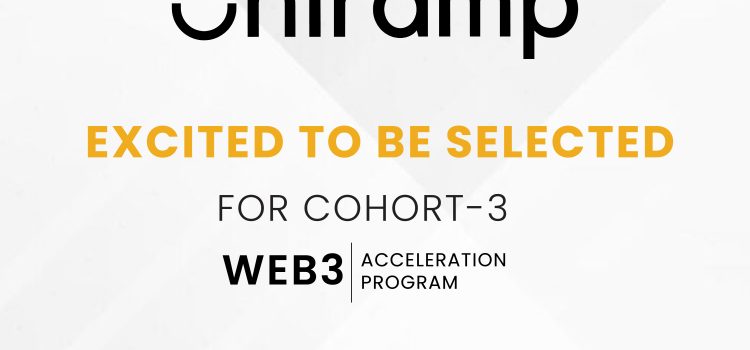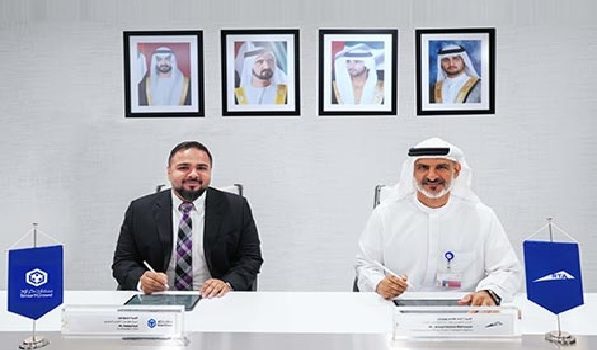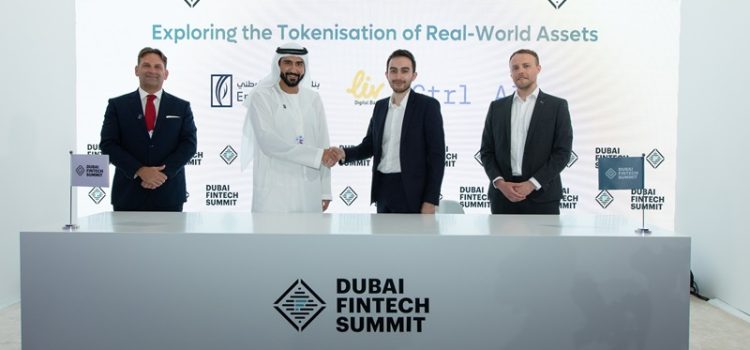DWF Labs, a proprietary high frequency trading firm with offices in UAE, China, Singapore, and Hongkong as well as Binance the biggest crypto exchange globally have vehemently denied all accusations made in a recent article in the Wall Street Journal that there was market manipulation and an ensuing cover up.
The WSJ article discussed accusations that DWF Labs had carried out market manipulation allegedly discovered by a now ex-employee of Binance.
As per the article the fired employee, along with his team, was tasked with identifying and investigating suspicious trading activities. They reported that certain “VIP” clients, including those trading over $100 million per month, were engaged in prohibited practices such as pump-and-dump schemes and wash trading.
Wash trading is a type of market manipulation that can artificially inflate prices and lead investors to believe there is greater market liquidity than there actually is. Widespread crypto wash trading profoundly distorts markets, erodes investor trust, and skews financial market indices
The unnamed former Binance insider claimed that the exchange’s investigators identified $300 million worth of wash trading by DWF Labs in 2023, involving cryptocurrencies including the Yield Guild Game (YGG) token.
Binance concluded that the evidence of market abuse by DWF Labs was insufficient. As per WSJ article shortly after the report was submitted, the head of the surveillance team was dismissed.
The allegations against DWF Labs first surfaced in September 2023 after unusual on-chain activity was noted by the cryptocurrency community. Wintermute, another algorithmic trading firm, accused DWF Labs of misrepresenting their market activities. Yoann Turpin, co-founder of Wintermute, criticized DWF Labs during an interview at Token2049, arguing that they mislabel what are essentially over-the-counter trades as investments
In reply to these accusations both Binance and Dubai based DWF Labs have come out with statements denying these charges and defending their practices.
In a blog post on DWF Labs website, the firm noted, “DWF is a proprietary high-frequency trading firm founded in 2018 by a collective of academically distinguished researchers and professional quantitative traders from a top proprietary trading firm. Our organisation has deep expertise in artificial intelligence, machine learning, and advanced statistical methods, all of which we harness to execute high-frequency trading strategies across a vast array of digital asset products, including spot, perpetual contracts, and options markets. Our trading activities span over 60 centralised and decentralised venues, making DWF a prominent player in the financial technology landscape.”
The blog adds,” From day one, our goal has been to always uphold the highest standards of transparency, trust, and integrity.”
DWF Labs is trusted by over 700 companies, platforms, and institutions. The company states that it provides liquidity to markets for more than a quarter of the 100 largest crypto-native projects and our reach spans across the entire crypto ecosystem. They note that they are committed to supporting bold entrepreneurs by providing liquidity, contributing to Total Value Locked (TVL), operating validator nodes, and making venture investments.
DWF Labs cooperated with DMCC (Dubai Multi Commodities centre) to support crypto startups and was named most active lead investor in 2023. It is also Bybit’s top liquidity provider according to their statements.
DWF Labs claims in its blog post that it has supported the integration to institutional wallets: TON <> Fireblocks , Conflux <> Fordefi, as well as Hackathons: TON, Viction, Conflux (U-Hack), Bybit x DMCC x DWF Labs including ecosystem funds and grants: Airdao, ZigCHAIN, TON, Theta, Algorand, Flare, EOS, Floki, API3, Kava, Gala Chain, Klaytn.
In a strong worded sentence, DWF Labs stated, “Establishments and fake media will not root the movement that Bitcoin started in 2009. We are in crypto for the very reasons why the establishments want to get rid of us.”
On another front Binance also faced the allegations with their own statement saying “Binance emphatically rejects any assertion that its market surveillance program has permitted market manipulation on our platform. We have a robust market surveillance framework that identifies and takes action against market abuse. Any users that breach our terms of use are off-boarded; we do not tolerate market abuse.”
Binance notes that over the last three years its team has offboarded nearly 355,000 users with transaction volumes of more than $2.5 trillion for violating their terms of use.
The crypto exchange added, “We have 190 million users. They can rest assured we do not favour any individual user, no matter how big, over the safety of the platform. That said, these are not decisions we take lightly. We do deep investigations, using multiple tools, and only offboard clients when there is sufficient evidence, they have violated our terms of use. A recent independent investigation from Inca Digital into Binance’s market surveillance practices validates the effectiveness of our approach, finding “minimal signs of anomalous trading activities.”
Whether these allegations are part of a wider 21st century witch hunt or whether these are true representation of reality, what is for sure is that the crypto ecosystem as it grows is coming under increased pressure from the establishment!









